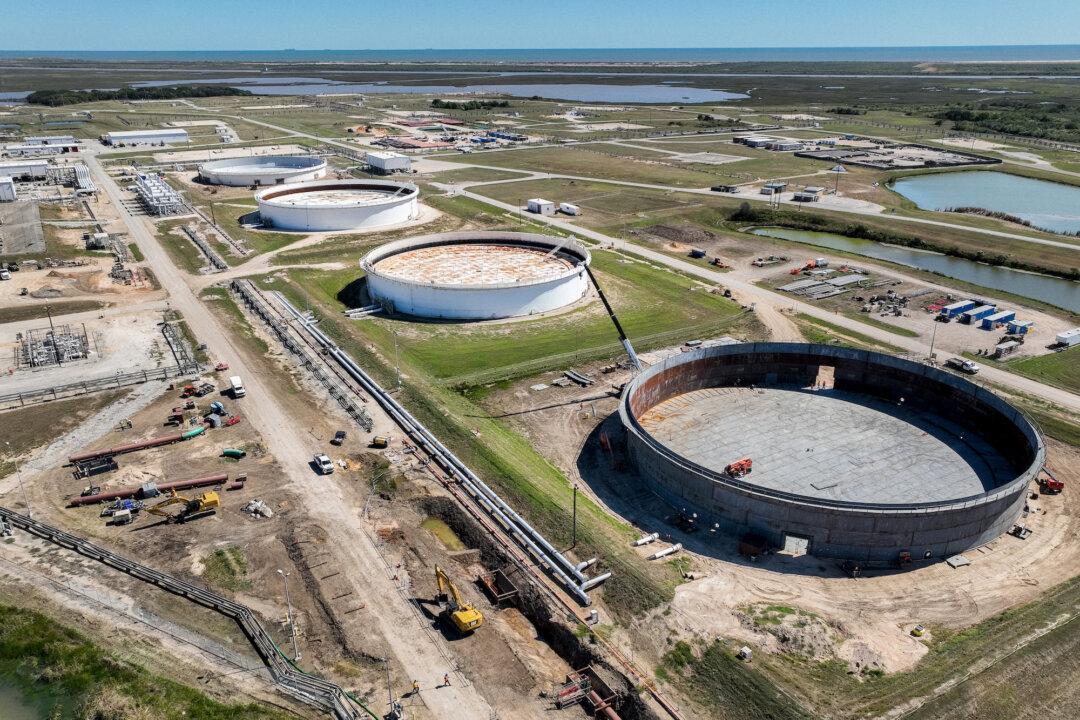The Biden administration announced Friday that it is buying an additional 6 million barrels of oil for the nation’s petroleum reserve as it looks to replenish depleted stocks as prices dip.
The Department of Energy (DOE) said on June 7 that it is ready to receive bids for two new solicitations—one for 1.5 million barrels for September delivery and the other for 4.5 million for October, November, and December—to refill the Strategic Petroleum Reserve (SPR) that was in recent years drained to historic lows.





